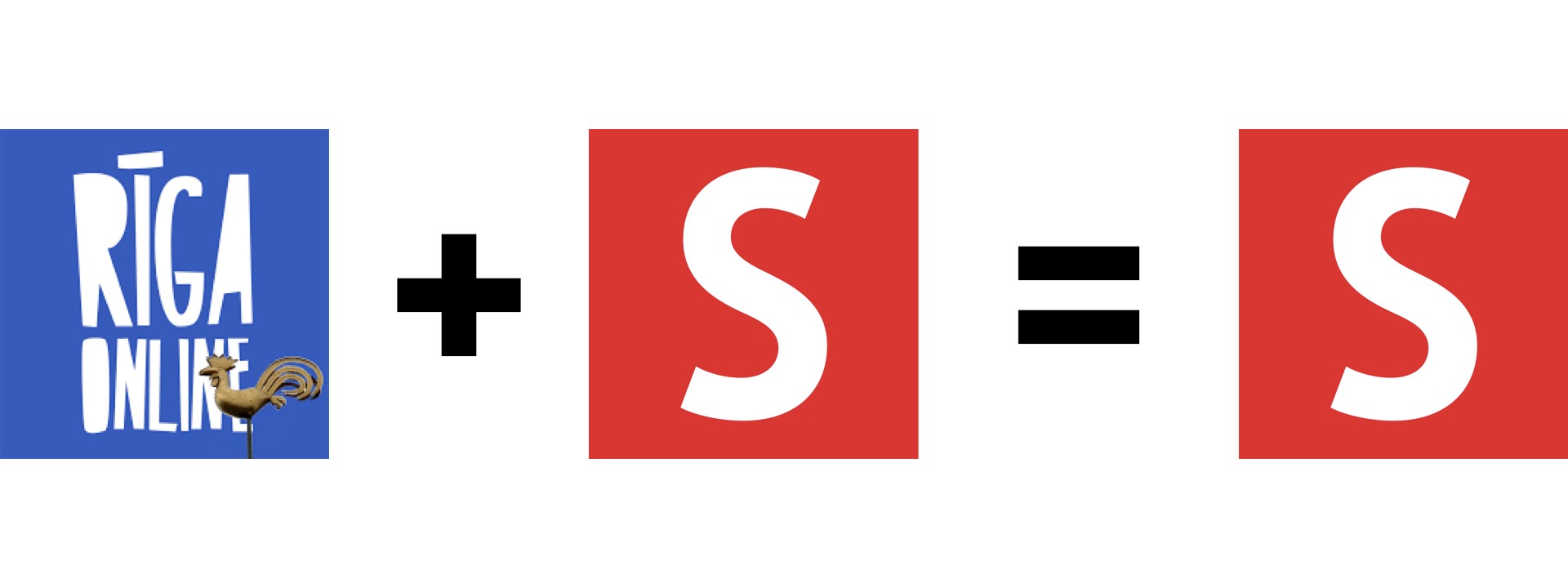#ElectionWatch: Suddenly Saskana in Latvia
How a Russian language party in Latvia built a significant audience
#ElectionWatch: Suddenly Saskana in Latvia

How a Russian language party in Latvia built a significant audience

On May 17, multiple social media users in Latvia noticed that Facebook and Instagram accounts that shared nice images of Riga city changed their name to S Online and finally to Saskana Online — the name of the major Russian language political party in Latvia. The content also changed. Accounts started posting political content and mocking the local nationalist party the National Union.



The same was reported about Saskana Online Instagram account by Facebook user Baiba Lapsiņa.

Indeed, in case of Instagram, an advanced Google search showed that previously the Instagram user number of @saskanaonline was associated with an account named @rigaonline.

Also in the case of Facebook, Google search results showed the page name changed from “Riga online” to “S online”.

A Twitter user @IneseEjugbo tweeted a notification screenshot of it on May 8.
According to Facebook help, changing the page name does not affect the user ID of the page, as the name change from “Riga online” to “S online” showed.
In case of the current Saskana Online page, the username is different. It is @SaskanaOnline.

Also, the computer scan (below) showed that the page started posting only since May 16.

Below is the timeline of how the page name change happened.

From the timing and the profile images, one can tell that these were two different accounts whose fan base was probably merged.
In March 2018, a YouTube account Techymello posted a video showing how to get free Facebook likes by turning a Facebook profile into a Facebook page and then merging two pages and likes they garnered together. The YouTube account that posted the video has since been deleted, as the link will show.
What could have happened in this case was a merger of two pages.
The video said:
Now I will show how to merge this new page with existing page, so the likes of both pages add up together. In this trick, you won’t lose posts in main page. Posts form secondary page that you are going to merge or combine will be deleted.
As there is no historical content from “Riga online” page left on the “Saskana Online” and the page username is @SaskanaOnline, one can conclude that Riga Online page was the secondary page, and Saskana Online, though less popular, was the main page.
Why the name change of “Riga Online” to “S Online” and “Saskana Online”? According to Facebook settings, the names of the two pages should be similar.

Conclusion
Saskana, the biggest party in Latvia that represents Russian speakers, misled followers of Instagram and Facebook accounts initially named “Riga Online”. The accounts shared beautiful images of the city of Riga and garnered a significant fallower base. Recently, the accounts were renamed to “Saskana Online” and started posting political content. To change a username of the Facebook page, the party created new Facebook page and merged it with renamed version of “Riga Online”.
The tactic proved an effective audience discovery tool. The party created consistent brand identity on Facebook while securing the fan base that perhaps might not have self subscribed to Saskana’s political content.
Many people that came for the local photos were exposed to political messages of a very specific end of the Latvian political spectrum. The case may not fall in to a category of narrowly defined disinformation — the deliberate spread of false information. However, the case does cross a threshold of misleading an audience toward a content source that wasn’t what it claimed to be. The key difference being deliberately false content versus deliberately misleading branding.
We will continue to monitor the lead-up to Latvian parliamentary elections scheduled for 2018 as part of our #ElectionWatch work.
Update: Facebook appears to have suspended the Saskana page with its 48 thousand followers. Now the political party started from scratch with a new username @Saskana0nline where zero is used instead of “O”.

Follow along for more in-depth analysis from our #DigitalSherlocks.

